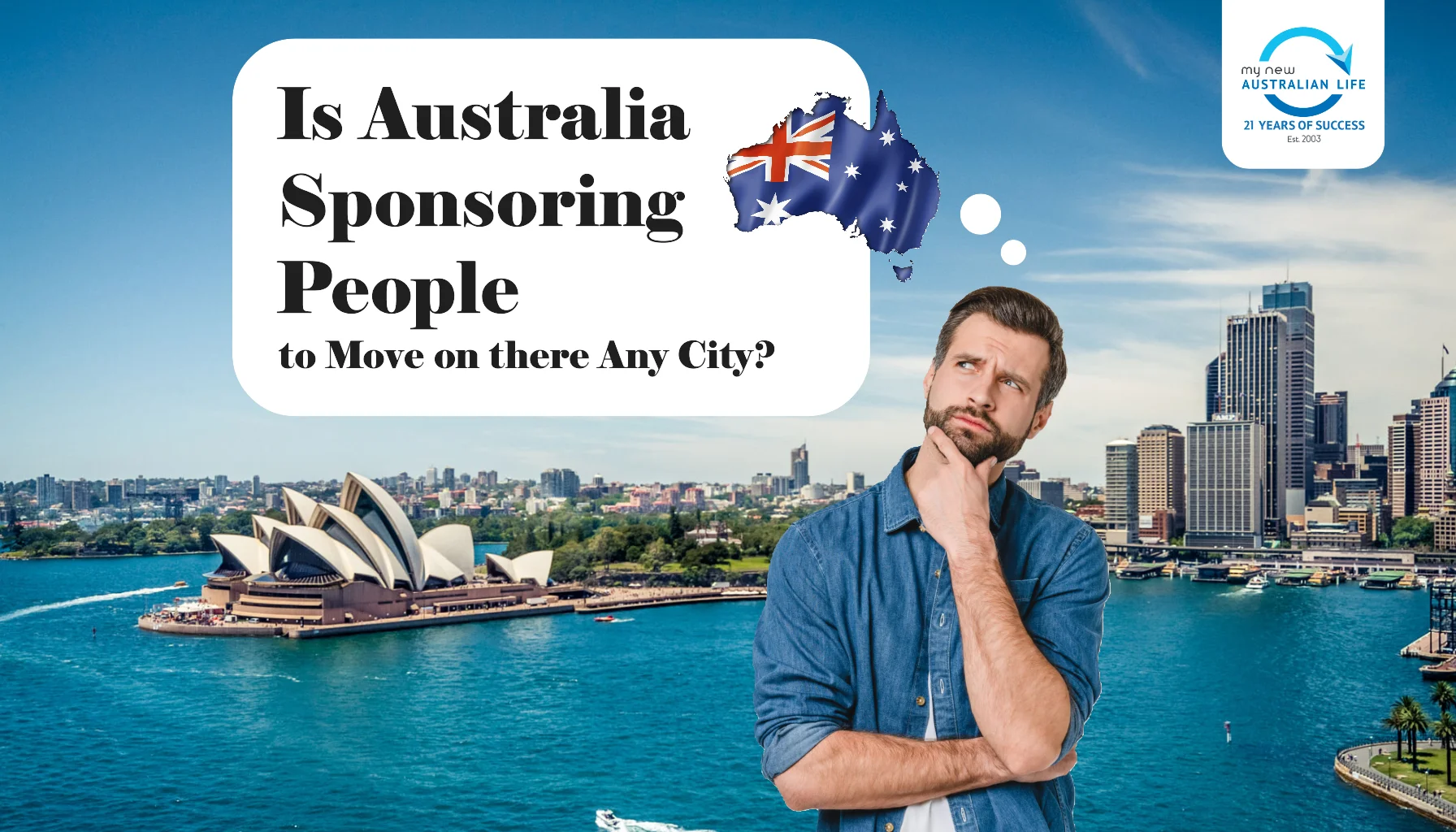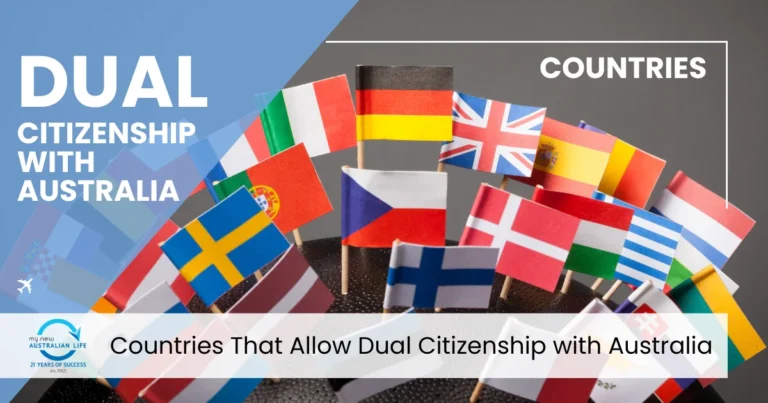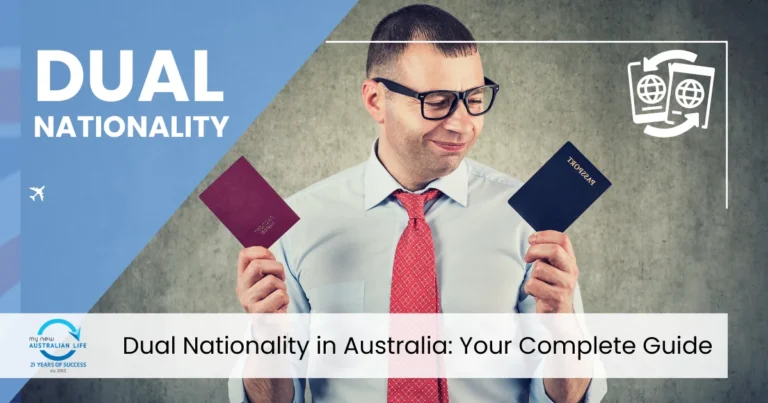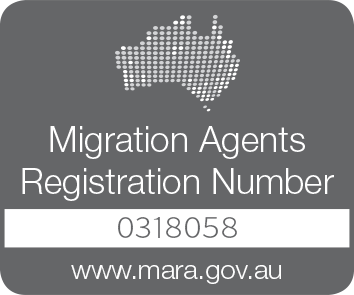Australia is a prime destination for skilled workers, and many cities are actively seeking to attract international talent through various sponsorship programs. This article will explore the types of sponsorships available, the cities offering them, requirements for eligibility, how to apply, and much more.
Types of Sponsorship Programs
Australia offers a variety of visa sponsorship programs, including employer-sponsored and government-sponsored pathways. Here are the key types:
Employer-Sponsored Visas
Employers in Australia can sponsor skilled workers when local talent is unavailable. The most popular types are:
- Temporary Skill Shortage (TSS) Visa (Subclass 482): Allows employers to sponsor a skilled worker for up to four years.
- Employer Nomination Scheme (ENS) Visa (Subclass 186): Permanent residency option for skilled workers sponsored by an employer.
- Regional Sponsored Migration Scheme (RSMS) Visa (Subclass 187): Employers in regional Australia can sponsor skilled workers for permanent residency.
Skilled Migration Visas
Government-sponsored migration options allow applicants to live and work in specific areas of Australia.
- Skilled Nominated Visa (Subclass 190): Requires nomination from a state or territory government.
- Skilled Work Regional (Provisional) Visa (Subclass 491): For individuals sponsored by a state, territory, or family member in a designated regional area.
Cities and Regions Offering Sponsorship
Different states and regions in Australia actively sponsor skilled workers to boost local economies. Below is a breakdown of cities and regions with active sponsorship programs:
| State/Territory | Cities/Regions | Visa Types | Main Sectors |
|---|---|---|---|
| New South Wales | Sydney, Newcastle | Subclass 190, 491 | IT, Healthcare, Finance |
| Victoria | Melbourne, Geelong | Subclass 190, 491 | Engineering, Healthcare |
| Queensland | Brisbane, Cairns | Subclass 190, 491 | Tourism, Mining |
| South Australia | Adelaide, Mt Gambier | Subclass 190, 491 | Agriculture, Education |
| Western Australia | Perth, Bunbury | Subclass 190, 491 | Energy, Engineering |
| Tasmania | Hobart, Launceston | Subclass 190, 491 | Healthcare, Agriculture |
| Northern Territory | Darwin | Subclass 190, 491 | Construction, Education |
| ACT (Canberra) | Canberra | Subclass 190 | IT, Government Services |
People Also Read: List of Australian Cities Offering Sponsorship in 2025
Sponsorship Requirements
To be eligible for sponsorship, candidates must meet several criteria. Below is a general overview of the basic requirements:
| Criteria | Description |
|---|---|
| Skills Assessment | Must obtain a skills assessment from an approved authority. |
| Occupation in Demand | Occupation must be listed on the Skilled Occupation List (SOL). |
| English Language Proficiency | Must meet English language requirements (IELTS, PTE, etc.). |
| Health and Character | Must meet Australia’s health and character requirements. |
| Age Limit | Generally, applicants must be under 45 years of age. |
| Work Experience | Applicants usually need 2-3 years of relevant work experience. |
How to Apply for Sponsorship
The process to apply for sponsorship can vary depending on whether it’s an employer-sponsored or government-sponsored visa. Here are the general steps:
- Check Eligibility
- Review the criteria for the visa you wish to apply for.
- Ensure your occupation is on the Skilled Occupation List (SOL).
- Skills Assessment
- Obtain a skills assessment through an authorized assessing body specific to your occupation.
- Expression of Interest (EOI)
- Submit an EOI through the Department of Home Affairs’ SkillSelect platform.
- State or Territory Nomination
- If applying for a state-sponsored visa (Subclass 190 or 491), submit an application for nomination by your chosen state.
- Invitation to Apply
- If your EOI is selected, you will receive an invitation to apply for a visa.
- Lodging Your Visa Application
- After receiving the invitation, lodge your visa application online and provide the required documentation, such as proof of employment, skills assessment, and English proficiency.
- Processing Times
- Visa processing can take anywhere from 3 to 12 months, depending on the visa subclass.
Also Read: State Sponsorship Visas in Australia: How They Work and the Pathways for Students
Key Sectors in Demand by City/Region
Australia’s cities and regional areas focus on attracting talent in specific industries. Below is a chart showing the key sectors with a high demand for skilled migrants:
| Sector | Regions/Cities | Occupation Examples |
|---|---|---|
| Healthcare | Nationwide | Nurses, General Practitioners, Surgeons |
| Engineering | Melbourne, Sydney, Perth | Civil Engineers, Mechanical Engineers |
| IT and Technology | Sydney, Canberra, Brisbane | Software Developers, Cybersecurity Experts |
| Construction | Darwin, Perth | Electricians, Plumbers, Project Managers |
| Agriculture | South Australia, Tasmania | Farmers, Agricultural Scientists |
Benefits of Regional Sponsorship
Migrating to regional cities in Australia offers numerous benefits, including faster visa processing, additional visa points, and access to special financial incentives. Some regional areas also offer:
- Affordable housing: Cost of living in regional cities is generally lower than in major metropolitan areas.
- Lifestyle benefits: Enjoy a relaxed and peaceful environment.
- Job opportunities: Strong demand for skilled workers in regional sectors like healthcare, education, and agriculture.
Also Read: NSW Australia State Sponsorship: Eligibility and Application Guide
Conclusion
Australia continues to sponsor skilled migrants, especially in cities and regional areas in need of specific talents. Whether through employer-sponsored or state-sponsored pathways, individuals with the right skills and qualifications have excellent opportunities to live and work in Australia.
If you’re considering moving to Australia, ensure you research the visa types, requirements, and cities that best match your profession and personal preferences.
Frequently Asked Questions (FAQs)
What are the main cities sponsoring skilled migrants in Australia?
Major cities like Sydney, Melbourne, and Brisbane, as well as regional areas like Adelaide, Hobart, and Darwin, actively sponsor skilled migrants.
What are the benefits of moving to regional areas?
Regional areas offer faster visa processing, additional visa points, affordable housing, and high demand for skilled workers in sectors like agriculture and healthcare.
Is employer sponsorship the only option?
No, Australia offers government-sponsored visas as well, including the Skilled Nominated Visa (Subclass 190) and Skilled Work Regional Visa (Subclass 491).






